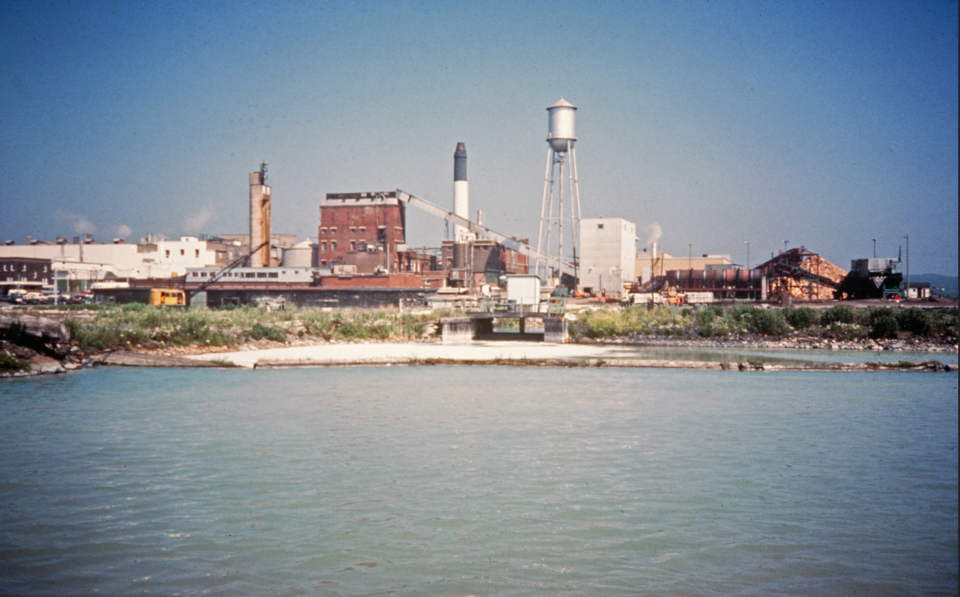THUNDER BAY -- Participants in a program that oversees the long-term cleanup of Thunder Bay harbour have determined that many of the noticeable signs of contamination have been eradicated.
As a result, the Thunder Bay Remedial Action Plan (RAP) is now recommending that "Degradation of Aesthetics" be removed from the list of environmental issues identified when the harbour was named one of 43 Great Lakes areas of concern in 1987.
Cleanup plans for harbours on both the Canadian and American sides defined degraded aesthetics as including "slicks, scums, odours, foam, unnatural deposits, colour or turbidity."
According to RAP spokesperson Jim Bailey of Lakehead University's Department of Geography and the Environment, documentation at the time noted that "Degraded water quality has impaired river and harbour front aesthetics, thereby affecting recreational use of associated lands and water resources...Oil slicks and creosote deposits have made the harbour less attractive to recreational boaters, fishermen and the public."
Bailey said that, more recently, Thunder Bay harbour water quality has improved to the point that slicks, scums and odours have virtually disappeared due to a number of corrective measures including:
- cleanup of creosote contamination at the former Northern Wood Preservers facility at a cost of $25 million
- expenditure of over $100 million by Resolute Forest Products and earlier operators of the mill to improve industrial effluent treatment
- implementation of secondary treatment at the Thunder Bay Water Pollution Control Plant at a cost of $74 million
- closure of three paper mills
- improved standards for effluent entering Lake Superior
The Thunder Bay RAP is supported by Lakehead University, Environment and Climate Change Canada, the Ontario Ministry of Environment and Climate Change, and the Ontario Ministry of Natural Resources and Forestry.
Anyone wishing to comment on the proposal to change the status of "Degradation of Aesthetics" to unimpaired can submit their feedback to Bailey via email: [email protected]
